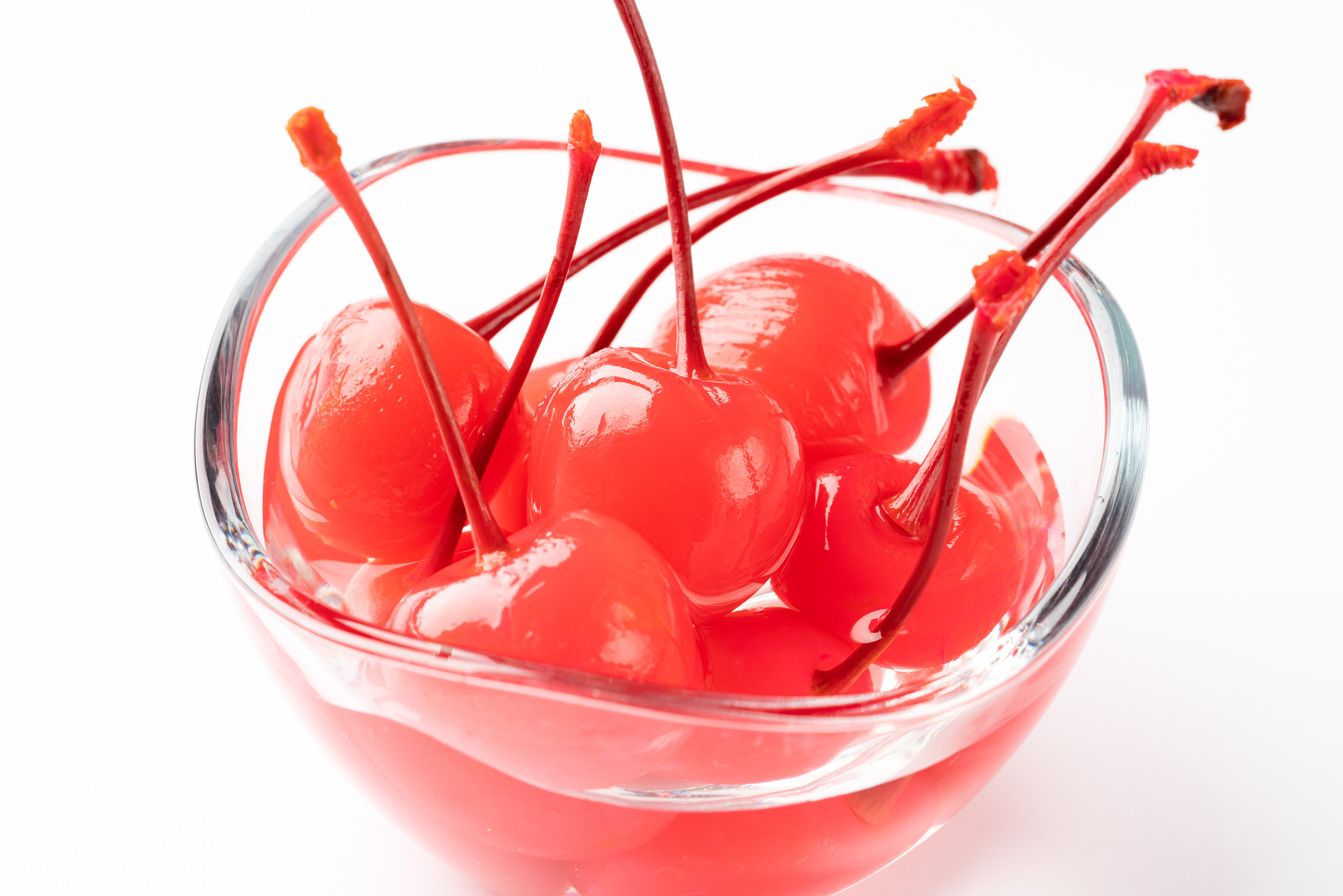According to the United Nations High Commissioner for Refugees (UNHCR), there are 82.4 million forcibly displaced people around the world, about 6 million of which live in refugee camps. Women make up half of these populations, yet access to period products in these environments remains a major challenge for them.
Aiming to reduce period poverty among refugees, product designer student Cheuk Laam Wong has created Looop Can, a concept for a portable kit to clean menstruations pads. Each kit includes a container for cleaning, 70 grams of baking soda, and a reusable sanitary pad made from bamboo terry fabric.
The compact washing device can be used to clean sanitary pads with just baking soda and 0.5 liters of water. The kit has been designed so that women living in refugee camps can easily and discretely wash and dry their sanitary pads.
“Almost 60 percent of female refugees suffer period-poverty problems as they spend their limited funds on food or nappies for their babies,” Cheuk tells Dezeen. “A washing kit for reusable sanitary pads will benefit not only refugees and asylum seekers, but also people who have limited finances and insufficient education about menstrual health management.”
The Looop Can consists of a main cylindrical body — made from a recycled steel can — with a screw-top lid and a hollow spinning device that can also be used to store the baking soda. To clean the sanitary pad, the user places it inside the can before pouring in water and baking soda — a natural cleaning detergent that helps to remove blood stains.
Once the cap has been screwed on, users can spin the device with their finger. The spinning motion helps the baking soda and water clean the pad, after which the user has to wait at least 30 minutes until the blood dissolves, before rinsing the pad three times.
Each Looop Pad has three modular parts: a base made from bamboo terry, a bamboo fleece wing, and the pad itself, which is made from a waterproof polyester-laminated material often used in nappies, diaper bags, and mattress covers.
Cheuk expects the total cost for the product — which is now in its conceptual stage — to be around £3 ($4) for the whole set, including the washing parts and the pads.
Image source: Dezeen












